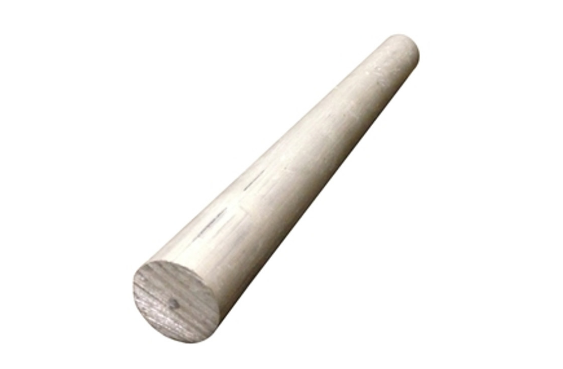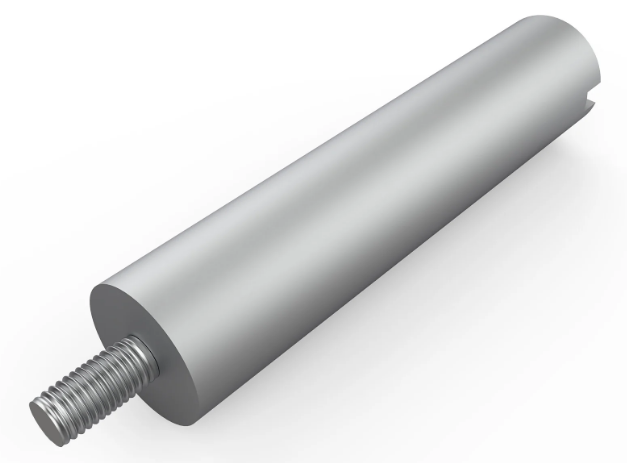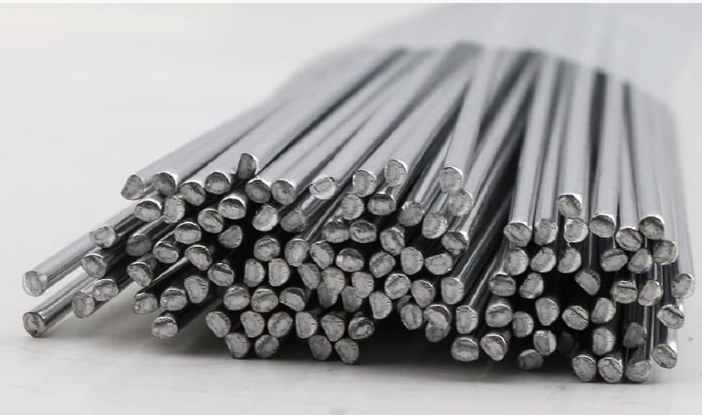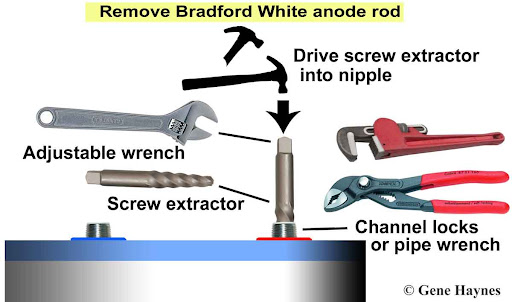The anode rod is a crucial component in your water heater, playing a vital role in protecting the unit from corrosion. This essential part actively works to protect your water heater from the relentless process of corrosion, a primary cause of tank failure and premature system degradation. A well-maintained heater's anode rod is indispensable for ensuring a consistent and reliable supply of hot water, effectively helping to extend the life of your investment. Understanding what is anode rod in water heater and its operational principles is fundamental for any homeowner or facility manager aiming for optimal system performance and durability. A water heater anode rod is essentially a long metal rod, typically made of magnesium, aluminum, or a combination of aluminum and zinc, that extends down into the top of the tank. It acts as a sacrificial anode, meaning it's designed to corrode instead of the steel tank itself. This process is a fundamental aspect of cathodic protection, a method used to control the corrosion of a metal surface by making it the cathode of an electrochemical cell. The principle behind the anode rod's operation is electrochemistry. Water, especially tap water, contains dissolved minerals and oxygen, creating an electrolytic solution. When two different metals (the steel tank and the anode rod) are immersed in this solution, an electrical current is generated. The more active metal (the anode rod) will corrode first, sacrificing itself to protect the less active metal (the steel tank). This continuous process ensures that corrosive elements in the water attack the anode rod, leaving your water heater tank intact and preventing leaks. This is why these are often referred to as sacrificial anodes.
Anode rods come in different materials, each with specific properties that make them suitable for various water conditions and preferences. The primary types you'll encounter are magnesium, aluminum, and a combination of aluminum and zinc.

Magnesium rods are generally considered the most active and provide the best protection for your water heater. They are highly effective in most water conditions, especially in areas with soft to moderately hard water. However, in some cases, magnesium anodes can react with sulfates in the water to produce hydrogen sulfide gas, which can lead to a distinct rotten egg smell in your hot water. If you experience this odor, switching to a different type of anode rod might be necessary.

Aluminum anode rods are a good alternative to magnesium, particularly in areas with hard water or if you're experiencing the rotten egg smell. They are less active than magnesium but still provide effective corrosion protection. Aluminum anodes are often alloyed with a small amount of zinc to enhance their performance.

These rods combine the benefits of both aluminum and zinc, offering a balanced approach to corrosion protection. They are often recommended for areas with particularly challenging water conditions or where the rotten egg smell is a persistent issue with magnesium anodes.
Regular inspection and timely replacement of your heater's anode rod are crucial for maximizing the lifespan of your water heater. Ignoring this simple maintenance task can lead to premature tank failure and costly replacements.
Reduced Hot Water Efficiency: While not always directly linked, a severely corroded anode rod can sometimes contribute to sediment buildup, affecting heating efficiency.
Unusual Noises from the Tank: Sediment buildup can also cause rumbling or popping noises as the heating elements struggle to heat water through the debris.
The Infamous Rotten Egg Smell: As mentioned, this is a strong indicator that your magnesium anode rod is reacting with sulfates in your water.
Discolored Water: Rusty or discolored hot water is a clear sign that your tank is corroding, indicating a depleted anode rod.
It is generally recommended to inspect your water heater's anode rod every 3 to 5 years. However, this frequency can vary based on several factors:
Water Quality: Hard water or water with high mineral content will deplete the anode rod faster.
Water Usage: Homes with higher hot water demand will also see faster anode rod consumption.
Water Heater Age: Older water heaters may require more frequent inspections.
Replacing your water heater's anode is a proactive measure that directly prevents tank corrosion and leaks. By ensuring a fresh sacrificial anode is always in place, you effectively safeguard the integrity of your water heater's tank, which is the most expensive component to replace. This simple maintenance step can significantly extend the life of your water heater by many years, saving you money and hassle in the long run.
While it can be a DIY project for some, it's essential to follow safety precautions and have the right tools. If you're unsure, it's always best to consult a professional.

Before attempting any work, always turn off the power supply (for electric water heaters) or gas supply (for gas water heaters) to the unit. Then, shut off the cold water supply valve to the water heater. Partially drain the tank by connecting a hose to the drain valve and opening a hot water faucet in your home to release pressure.
The anode rod is typically located at the top of the tank, often beneath a plastic cap or insulation. You'll need a socket wrench of the appropriate size to loosen and remove it. Be prepared for some resistance, as it can be tightly secured.
Once the old rod is removed, clean the threads and apply Teflon tape or pipe dope to the new anode rod's threads. Carefully insert the new rod and tighten it securely. Refill the tank completely before turning the power/gas supply back on and opening the hot water faucet to purge air from the system.
If you're experiencing a rotten egg smell from your hot water, it's usually due to a reaction between the magnesium anode rod and sulfate-reducing bacteria present in some water supplies. Solutions include:
Chlorination: Temporarily chlorinating your water heater tank can kill the bacteria.
Switching Anode Rods: Replacing your magnesium rod with an aluminum anode rod or an aluminum/zinc combination rod can often resolve the issue.
Powered Anodes: In persistent cases, a powered anode rod (which uses an external electrical current) can be an effective solution.
If you inspect your anode rod and find it looks almost new after several years, it might indicate that it's not effectively protecting your tank. This could be due to poor electrical connection, or the water chemistry might not be conducive to the anode's proper function. In such cases, professional assessment is recommended.
The anode rod, though often out of sight, is a vital component in maintaining the health and longevity of your water heater. Regular inspection and timely replacing your water heater's anode are simple yet highly effective ways to protect your water heater from corrosion, ensuring you have a consistent supply of clean, hot water for years to come. For more information on sacrificial anodes and corrosion protection solutions, feel free to contact us at China Titanium Factory.